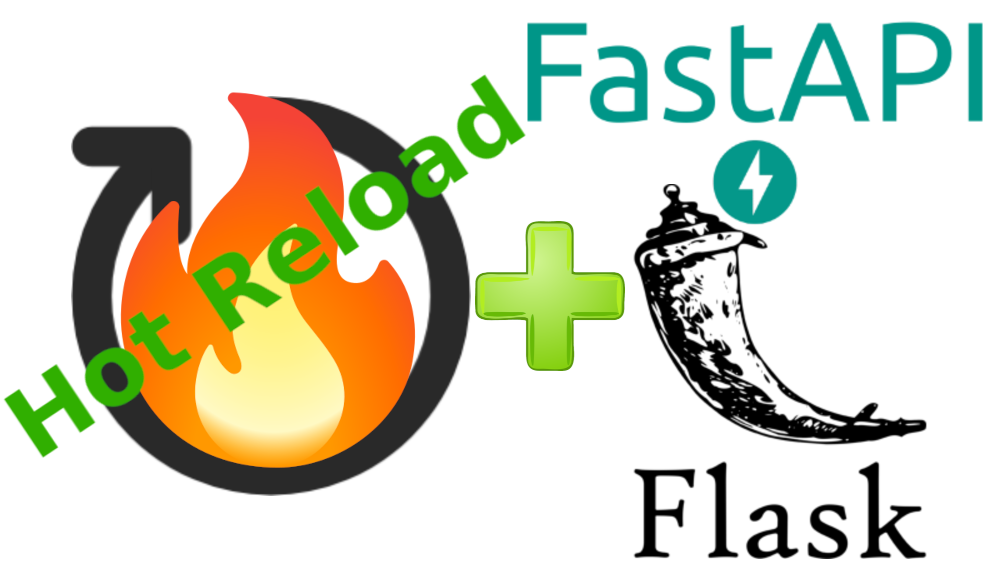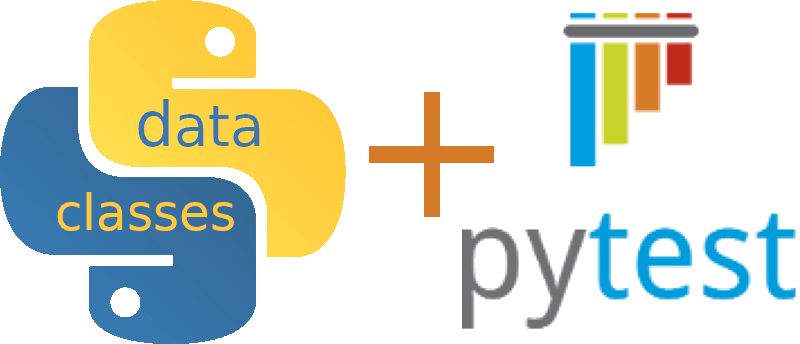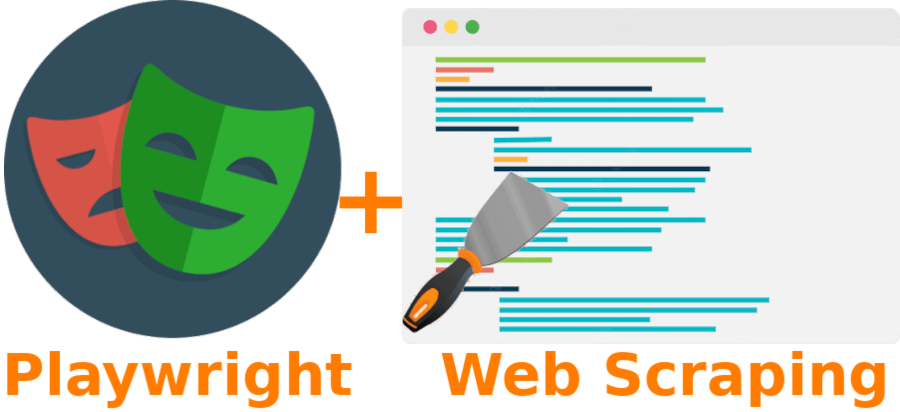Blog Posts by Date | tag: 'python'
Concurrent Python programming with async, threading, and multiprocessing
February 07, 2024 / 48 min read / 13,542 , 3 , 4

One of the best ways to achieve significant speed improvements in Python code is through concurrency: doing several tasks simultaneously. In this article, I describe concurrency in Python and give some examples of running Python code concurrently with “async” functions, “threading,” and “multiprocessing.”
How to hot reload FastAPI and Flask apps on HTML, CSS, and Javascript changes
November 16, 2023 / 5 min read / 12,004 , 1 , 2

In this tutorial, I'll show you how to automatically hot-reload your FastAPI and Flask projects that use template engines like Jinja with web servers like uvicorn or gunicorn. After reading, you will be able to automatically restart your server and refresh your browser when Python, HTML, CSS, and other files change—no manual intervention required.
Better parameterized pytests with dataclasses
September 14, 2023 / 23 min read / 8,723 , 8 , 0

Parameterization is a powerful tool in pytest (the most popular Python testing framework). It allows us to write a single, simple test that can dynamically expand to become many similar tests with minor input differences. In this blog post, I will describe how to write parameterized pytests and why they are such a powerful tool. And then, I'll show you how to re-write parameterized tests more effectively using dataclasses.
Python web scraping with Playwright
December 14, 2022 / 22 min read / 7,877 , 1 , 0

Web scraping is the concept of programmatically collecting data from a website. This article will discuss using Playwright for python web scraping. The most popular web-scraping packages for python are requests and Beautiful Soup used together. This combination is potent and straightforward to use for most web pages. However, the use case has limitations because the combination relies on making server requests and reading the static HTML returned. It can be challenging to scrape single-page applications (SPAs) or websites where the objects to scrape are only available after some javascript interactions. Playwright circumvents these limitations by interacting with web pages like humans to find the data that needs scraping.
Cookies with the Flask web framework
October 18, 2022 / 12 min read / 7,193 , 1 , 0

Cookies! 🍪🍪 Tasty snack or valuable web development tool? 🤷♂️ For our context today, cookies are small pieces of data sent from the server to the client. The client's browser stores cookies locally and then sends the cookies back to the server with every request. Cookies are used for a variety of purposes, including session management (who's logged in?), keeping track of user settings (use dark mode?), and tracking user behavior (website analytics, ad targeting). In this tutorial, we'll talk about how to manage cookies with the Flask web framework. We'll go over setting, updating, retrieving, and deleting cookies in Flask routes.
How I went from no coding experience to coding for a living in one year (a guide)
September 15, 2022 / 85 min read / 18,305 , 5 , 4

At the start of June 2017, I was a lab technician at the University of Colorado and had no coding experience. A year later, in June of 2018, I started my first job as a full-time software developer. And I've loved my new career choice ever since. In this article, I'll talk about how I made that career pivot, and I'll give you some ideas about how you could make a similar career pivot if it interests you.
End-to-end website testing with Playwright
July 20, 2022 / 26 min read / 8,945 , 3 , 0

We all know testing our code is important, right? Automated tests can give peace of mind that our code is working as expected and that it continues to work as expected, even as it is refactored. Python has the pytest framework that offers great tools for testing our backend python code. You can check out my blog post, 9 pytest tips and tricks to take your tests to the next level, to get yourself jump-started testing in python. And javascript has several libraries to test front-end code. But in website testing, how can we write automated tests to ensure that our back-end code (be it python or something else) is working with our front-end code (javascript, HTML, and CSS)?
Introducing Playwright, a fast, easy-to-use, and powerful end-to-end browser automation framework. Similar to the Selenium framework, the Playwright framework has tools that allow us to write tests and scripts that act similar to an actual, human website user. And Playwright has API endpoints in javascript, java, .NET, and python! Sound useful? Read on as we use Playwright with python and pytest to write scripts and end-to-end tests for our Connect 4 game web page.
9 pytest tips and tricks to take your tests to the next level
July 12, 2021 / 34 min read / 20,656 , 10 , 5

Are you a python developer looking to improve your testing abilities with pytest? Me too! So I've put together a list of 9 tips and tricks I've found most useful in getting my tests looking sharp. Here are the features we're going to be covering today:
- Useful command-line arguments
skipandxfail- Mocking with
monkeypatch tmp_pathandimportlibfixtures and theconftest.pyfile- Testing python exceptions
- Checking stdout and log messages
- Parameterizing tests
- Using pytest-cov
Easy and flexible flask login with authomatic and mongoengine
July 12, 2021 / 47 min read / 9,234 , 6 , 3

Many users like the simplicity of clicking one button to register and/or
log into a website using one of their existing logged-in accounts on another
website such as Facebook or Google. This is OAuth user authentication. But
sometimes users don't have those other accounts so it's good to provide them
with a full-proof means of logging in to a site. That's username/password
authentication. Well for your site why don't you give users both options?
In this article, I'll talk about how you can log in and register users for your flask application with flexibility by allowing either OAuth2 or username/password authentication. We'll be using Flask for our web framework, MongoDB for our database, and authomatic for our OAuth authentication framework. But if those don't apply to you, don't fret! Many of the concepts discussed here can be applied to your web stack too!

 Verdant Fox
Verdant Fox